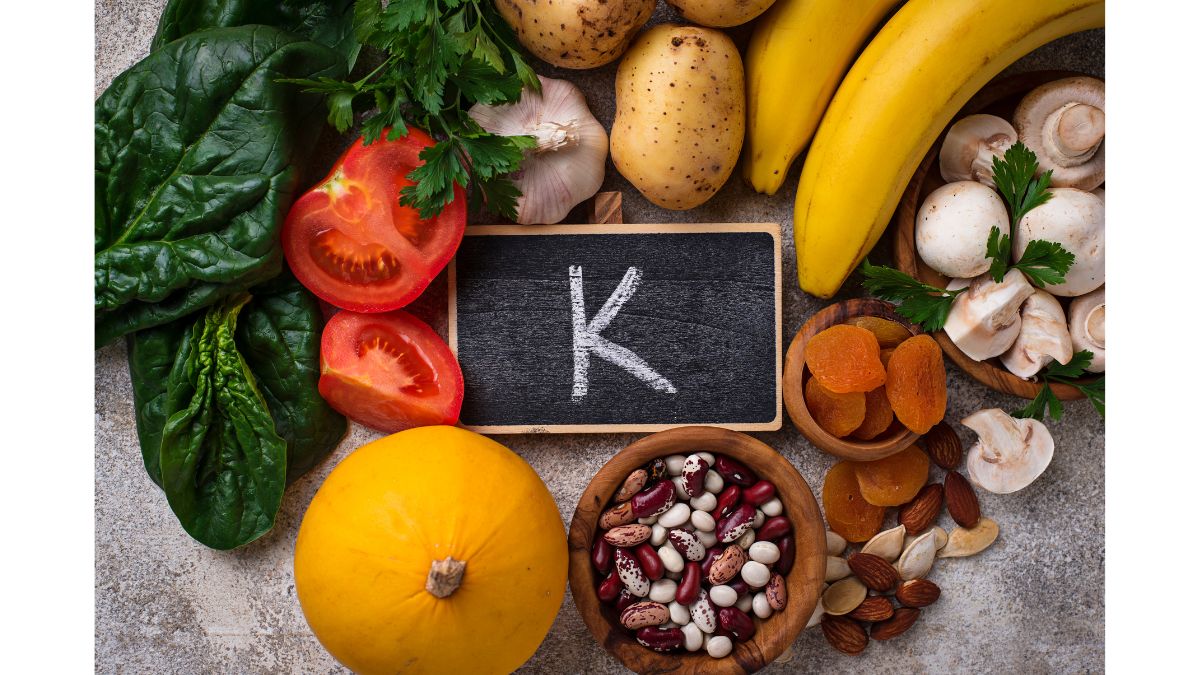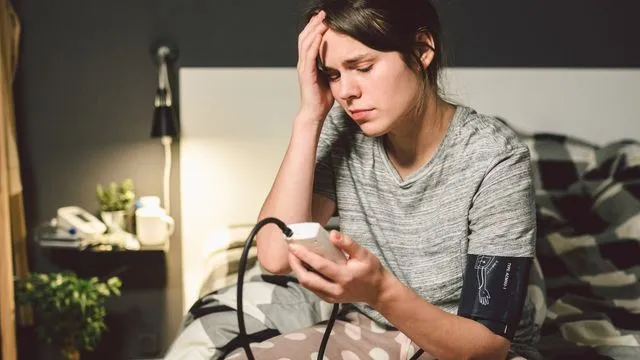- By Prerna Targhotra
- Sun, 19 May 2024 03:35 PM (IST)
- Source:JND
Lifestyle Changes For Hypertension: Hypertension is no longer a disease of the elderly. Recent data suggests that the younger population is also now sharing the burden of this disease. The prevalence of hypertension as per the National Family Health Survey Series Four was found to be 18.1% in 2015-2016, while 21% of females aged over 15 years had hypertension compared to 24% of males of the same age range.
Dr Tushar Tayal, Lead Consultant, Department of Internal Medicine, CK Birla Hospital, Gurugram explained about hypertension and lifestyle changes to manage blood pressure levels. According to Dr Tayal, there are two types of hypertension:
Primary hypertension: This is high blood pressure that is not caused by an underlying medical condition or medication, which affects 90% of people with hypertension.
Secondary hypertension: This is high blood pressure that is caused by another medical condition or by medication. This accounts for about 10% of hypertension cases.
ALSO READ: Expert Lists Sleep Management Tips To Manage Hypertension | World Hypertension Day 2024
Primary hypertension cannot be completely reversed but it certainly can be controlled with the help of lifestyle and/or medication. Secondary hypertension can be cured if the primary causative factor is controlled, for example in people with hypo or hyperthyroidism, the blood pressure comes under control once the person becomes euthyroid.
Lifestyle Changes For Blood Pressure
BP can largely be kept under control with lifestyle measures. These include
1. Reduced salt intake - salt intake in a hypertensive should be less than 2.5 gm per day or 1/2 teaspoon in the entire day
2. High potassium diet - Ensure intake of 2 fruits and 3 vegetables every day which are rich in potassium which has a BP lowering effect.

Lifestyle Modifications For High BP (Image Credits: Canva)
3. Exercise - 30 min of daily exercise inclusive of cardio and strength training will keep BP under control
4. Pranayam/yoga- 30 min of breathing exercises and meditation will reduce stress hormones and help in reducing BP
5. Sleep- 7 hrs of sleep daily is essential for maintaining immunity and healthy body functions
6. Limiting alcohol and quoting nicotine
7. Maintaining a healthy body weight
8. Reducing stress levels
While monitoring BP, sit in a comfortable chair with your back supported for at least 5 minutes. Put both feet flat on the ground and keep your legs uncrossed. Rest your arm with the cuff on a table at chest height. Make sure the blood pressure cuff is snug but not too tight. Do not smoke, drink caffeinated beverages or exercise within 30 minutes before measuring your blood pressure.

